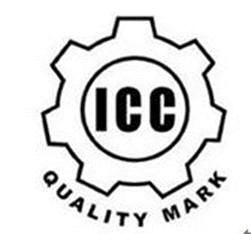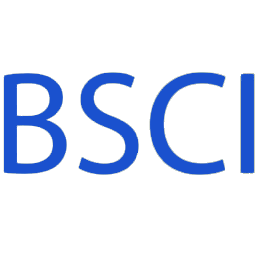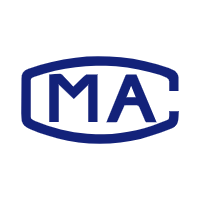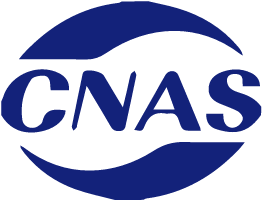
Certification Introduction
The ICC certification in the Philippines was issued on August 17, 2007 by the Bureau of Product Standards (BPS) of the Ministry of Trade and Industry of the Philippines, which issued the 2007 series of the Ministerial Order No. 5, the mandatory Philippine national standard for audio, video and similar electrical appliances.
The ICC system applies to imported goods. For imported products that fall within the scope of the compulsory Philippine National Standard (PNS), after the imported goods are evaluated by the Philippine Product Standards Agency (BPS) to meet the corresponding Philippine national standards or internationally accepted foreign standards, BPS will give Of importers issued ICC permits, allowing them to apply the ICC mark. Imported products are subject to sample testing. In addition, the Philippine Sea will conduct random sampling inspections in the market to ensure that imported goods meet the corresponding PS standards.

The necessity of ICC certification
1. Benefits for manufacturers
a. Enhance the competitiveness of products in domestic and international markets;
b. Improve corporate sales and increase revenue.
2. Benefits for traders
a. Improve the reputation of traders, which will be regarded as a source of high-quality products;
b. Which buyers are attracted to pay attention to product quality;
c. Enhance the buyer's confidence in the product, thereby increasing sales.
Applicable product range
The Philippines has implemented compulsory certification for 85 product series that have an impact on health, life safety and negative impact on the environment during use, including: electrical equipment / products, household appliances, construction materials, safety matches, fire extinguishers, automobiles, petroleum products, Sol etc.
ICC compulsory certification list
1. Household appliances (air conditioners, electric fans, submersible water heaters, kitchen appliances (blenders, eggbeaters, etc.) refrigerators, washing machines, etc.)
2. Lamps and related products (fluorescent lamps, incandescent lamps, lamp holders, Christmas lights / strings, starters, etc.)
3. Wiring device (circuit breaker, metal wire junction box, plug and socket, PVC tape, switch)
4. Wire and cable (PVC flexible wire, thermoplastic wire and cable)
5. Machinery / building materials (cement, steel pipe, ceramic tile, iron sheet, flat glass, water pipe, pipe fitting, urinal, bathtub, water tank, washbasin, iron wire)
6. Chemical and other products (fire extinguisher, lighter, single chair / stool, brake fluid, gas stove, vehicle inner tube, lead-acid battery, matches, seat belt (seat belt) (windshield, rear lamp, side seat Car tires)
application process
1. Submit an application
2. Institutional review materials documents
3. Sample inspection
4. Sample test passed, method ICC certificate


BSCI certification is an abbreviation of BusinessSocialComplianceInitiative, and Chinese is called business social standard certification. BSCI is an organization that advocates the business community to abide by social responsibility. At the same time, it is a non-profit organization.

CMA, the name is \"China Metrology Accreditation\", the abbreviation of \"China Metrology Accreditation\" in English. According to the provisions of Article 22 of the Metrology Law of the People’s Republic of China: “The product quality inspection agency that provides notarized data to the society must be evaluated by the metrological administrative department of the people’s government at or above the provincial level for the capability and reliability of metrological verification and testing. Qualified.\"

Laboratory accreditation is a third-party certification that CNAS has the ability to perform specific testing and calibration work for testing and calibration laboratories.
The ICC certification in the Philippines was issued on August 17, 2007 by the Bureau of Product Standards (BPS) of the Ministry of Trade and Industry of the Philippines, which issued the 2007 series of the Ministerial Order No. 5, the mandatory Philippine national standard for audio, video and similar electrical appliances.
Get a quote